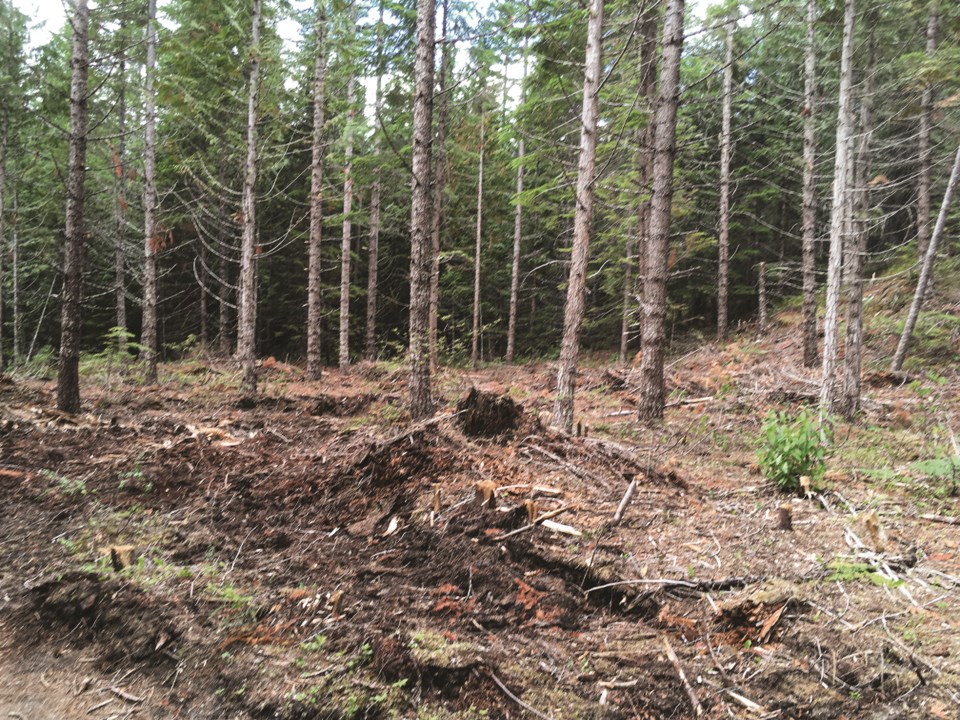After reading the article in the July 7 Pique about forest management (“Whistler residents speak out about impacts of fire mitigation work”), I feel compelled to make a few comments. The reactions were similar to mine after going for a hike along the Cheakamus River a few years ago. I was shocked to see a beautiful and easily accessible area ruined with the thinning of the trees. With the recent droughts, the area has become more of a dry dustbin. The lovely mossy areas were gone, the blueberries that were in abundance were no longer there, and the whole forest experience was no longer energizing. I lived in Whistler full-time from 1990 to 2007, and spent many enjoyable days on this trail and others.
Shortly after this disappointing discovery, there was an online article through The Narwhal with regards to that particular area. It focused on the natural beauty and what it had to offer. I responded that was no longer the case, and challenged a few descriptions that I knew to be false.
Responses to my comments were made, and one was from a member of the Cheakamus Community Forest who said that the trees were thinned to assist with fire prevention, to which I replied that it actually resulted in the opposite goal. The forest would have retained more moisture and kept the temperatures down, which is logical and just common sense. I felt this was only an excuse to do some easy logging within the forest’s mandate.
But in the article from July 7, I read that the federal government has provided $10.1 million to the Resort Municipality of Whistler (RMOW) to pay for “treatments” regarding fuel mitigation. And the descriptions of the results mentioned in the article describe what I also found to be obvious, in that the poorly managed forest thinning resulted in the opposite effect.
I am not a trained forest ecologist, so it is disappointing that I came to the same conclusion as Rhonda Millikin, but the RMOW environmental manager did not. Luisa Burhenne claims that economics is a factor with the decision-making, and that they are working to understand the effects of different approaches. This $10 million-plus should not be spent using guesswork and performed without proper expertise.
The mistakes made in this forest management program are devastating and, if they listen to the concerns of the community as claimed, this practice should be halted before more damage is done.




